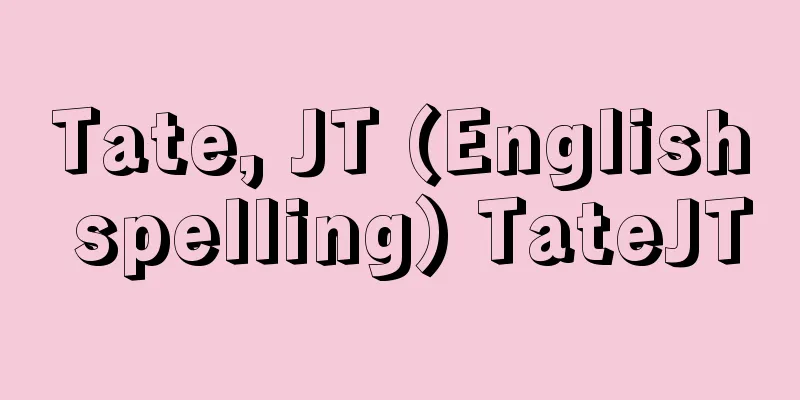Frederick [II] - Friedrich
![Frederick [II] - Friedrich](/upload/images/67ccbdcc605b1.webp)
|
King of Prussia (reigned 1740-1786). Son of Frederick William I. Known as the Great. Fought against the Austrian Habsburgs in the War of the Austrian Succession, the Silesian Wars, and the Seven Years' War, he acquired Silesia and established Prussia's status. Within the country, he established a standing army and bureaucratic organization, promoted agriculture, and worked to develop industry through mercantilist policies. He also paid close attention to cultural policies, such as inviting Voltaire and reviving the Academy of Sciences. He is considered a typical example of an enlightened despot. Related topics: Quantz | Enlightened Absolutism | Sanssouci Palace | Absolute Monarchy | Frederick William I | Prussia | Berlin State Museum | House of Hohenzollern | Menzel | Battle of Liegnitz Friedrich [II] [Friedrich]→ Related article Monte Castle | League of Lombardy Cities Source : Heibonsha Encyclopedia About MyPedia Information |
|
プロイセン国王(在位1740年―1786年)。フリードリヒ・ウィルヘルム1世の子。大王と呼ばれる。オーストリアのハプスブルク家に対抗してオーストリア継承戦争,シュレジエン戦争,七年戦争を戦い抜き,シュレジエンを獲得してプロイセンの地位を確立。国内では常備軍や官僚組織を整備し,農業を振興し,重商主義政策による工業の育成に努めた。またボルテールを招き,科学アカデミーを再興するなど文化政策にも意を用いた。啓蒙専制君主の典型とされる。 →関連項目クアンツ|啓蒙絶対主義|サンスーシ宮殿|絶対王政|フリードリヒ・ウィルヘルム[1世]|プロイセン|ベルリン国立博物館|ホーエンツォレルン[家]|メンツェル|リーグニツの戦 フリードリヒ[2世]【フリードリヒ】→関連項目モンテ城|ロンバルディア都市同盟 出典 株式会社平凡社百科事典マイペディアについて 情報 |
<<: Frederick [III] - Friedrich
Recommend
Local government officials - Zaichoukanjin
Also called Chokan or Zaicho. A local official wh...
Werth, E.
… [Type of hoe] Hoes vary in the length and shape...
Pieria
…In English, the Muses are the origin of the word...
Wangcheng Gang - Wangcheng Gang
…The remains of a large palace building were disc...
Oriental Freedom Newspaper - Toyo Jiyu Newspaper
A daily newspaper founded in Tokyo on March 18, 1...
Gneiss - Henmagan (English spelling) gneiss, gneuss, kneiss
The word is probably of Slavic origin, and was fir...
Jateorhiza macrantha (English spelling) Jateorhizamacrantha
…[Susumu Terabayashi] [Aya Nitta]. … *Some of the...
Tibicen bihamatus (English spelling) Tibicenbihamatus
…[Masami Hayashi]. . … *Some of the terminology t...
Popper
Austrian-born British philosopher who studied at t...
Kountche, S. (English spelling) KountcheS
… [Politics] Niger was the country most affected ...
Coastal open area - Engankaihochiiki
... After that, the number of designated areas on...
Mao Shan School - Mao Shan School (English)
A sect of Chinese Taoism. It is also called the Ma...
Yasuchika Abe
Year of death: 1183 Year of birth: Tenei 1 (1110) ...
Stoa Poikilē (English spelling)
The founder of the Stoics was Zeno of Cyprus. He ...
Saigo Festival - Igomori Festival
A festival whose main event is a period of abstine...









